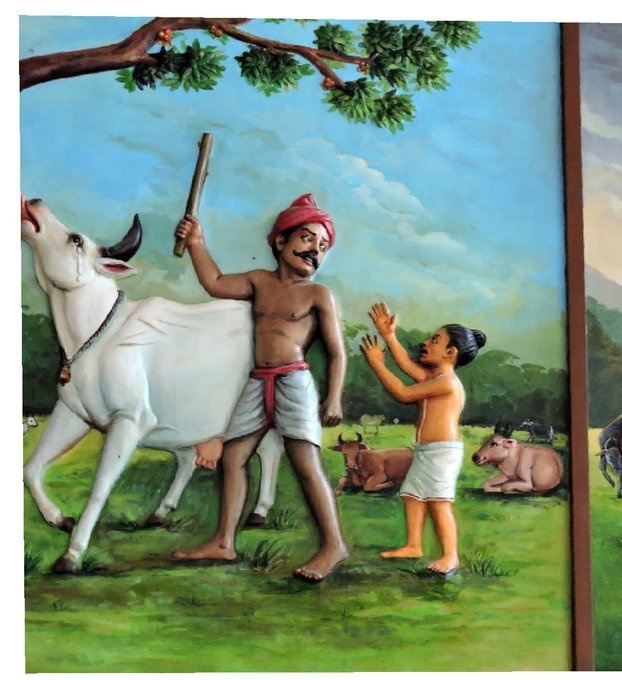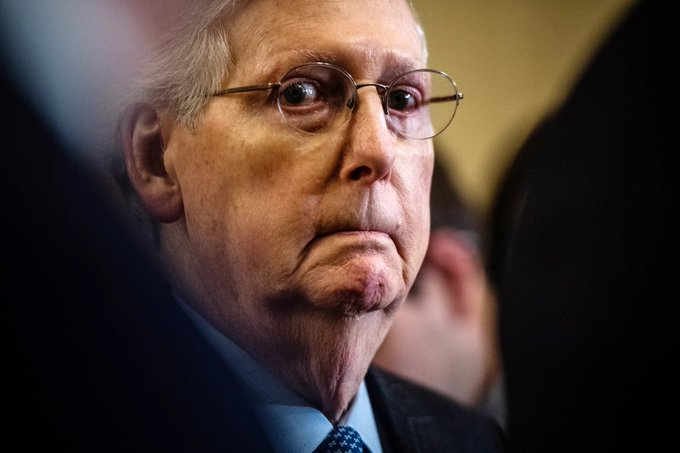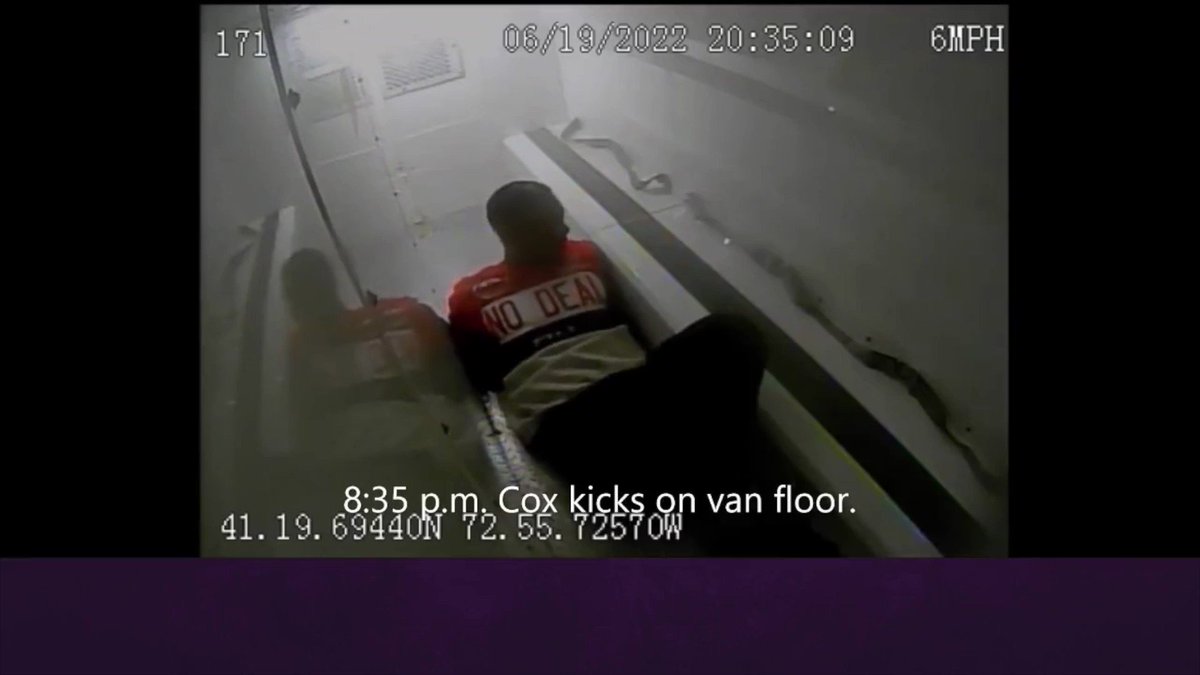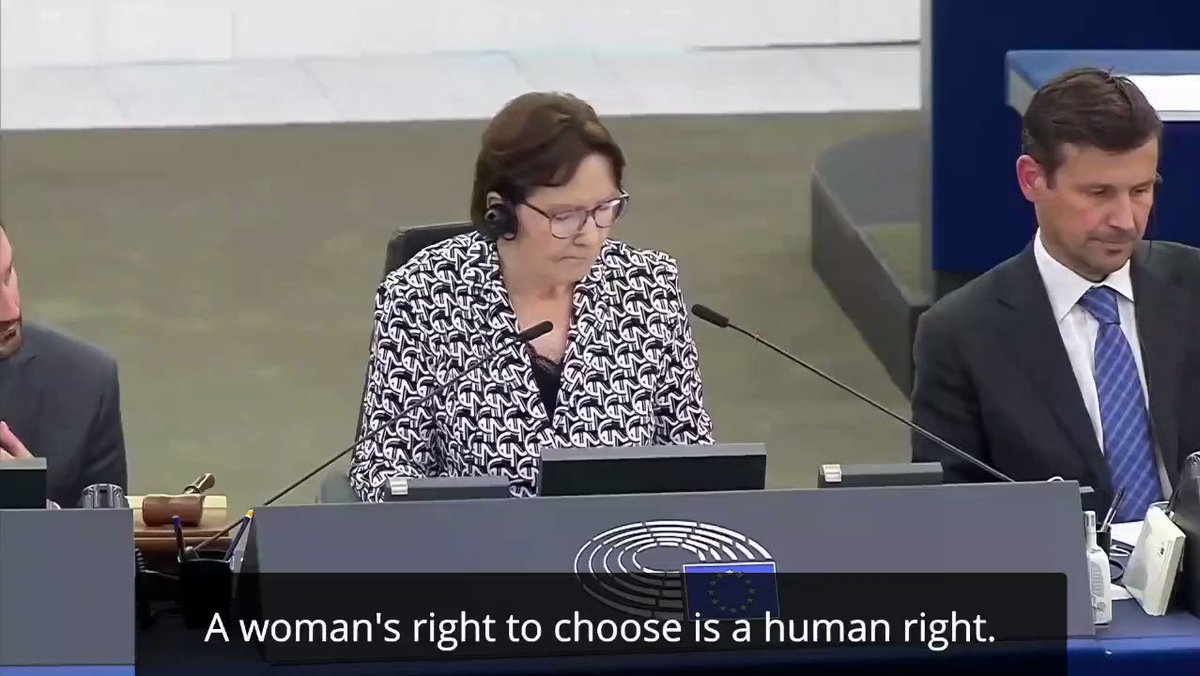THREAD. I've been studying how the New York Times uses sources. If you look at many of its articles together, something disturbing emerges: NYT relies on police and corporate sources to subtly shape how we see social problems and solutions. I try my best to lay it out below.
What do you notice?
— Alec Karakatsanis (@equalityAlec) April 8, 2022
\u201cPolice officials.\u201d
Commissioner
Commissioner
Commissioner
Professor
\u201cthe Police department\u201d
\u201cthe police department\u201d
\u201cofficials\u201d
Chief of detectives
-store owner
— Alec Karakatsanis (@equalityAlec) February 28, 2022
\u201claw enforcement officials and business owners\u201d
\u201cofficials\u201d
-NYPD
-\u201csome workers\u201d
-\u201claw enforcement officials.\u201d
-eric adams
-legislators
-business owners
-NYPD
-owner
-\u201cmany small business owners\u201d
-owner
-store worker
-DA
-Legal aid
-Store workers
-\u201cAuthorities\u201d
— Alec Karakatsanis (@equalityAlec) January 22, 2022
-LAPD Captain
-\u201cThe police\u201d
-LAPD Captain (twice more)
-Railroad corporation (twice)
-Railroad corp. spokesperson
-Association of American Railroads
-LAPD Captain
-Asst. prof. of "marketing"
-Railroad corp.
-Railroad spokesperson
-DA
-LAPD Captain (5 more times)
Here are the sources NYT chose to educate readers, in order:
— Alec Karakatsanis (@equalityAlec) January 4, 2022
-Spokesperson for cop union
-Lawyer for cop (humanizing, defending him)
-Person mentored by the cop
-New person mentored by the cop
-AG
-Professor (former cop)
-Lawyer for family
-Lawyer for cop (again, twice more)
-Who benefits from their point of view being presented as news?
-Was anyone with an opposing viewpoint critical of the punishment bureaucracy included?
-How did the reporter choose which voices to quote and which to ignore?
-Where in the article were any sources challenging the narrative put forward?
-Did the reporter include any journalistic skepticism for claims made by police, or note whether the source has a history of dishonesty?
More from Category pdfmakerapp grab this readwiseio save thread threader compile summarize
You May Also Like
Chandesha-Anugraha Murti - One of the Sculpture in Brihadeshwara Temple at Gangaikonda Cholapuram - built by Raja Rajendra Chola I
This Sculpture depicts Bhagwan Shiva along with Devi Paravathi blessing Chandeshwara - one of the 63 Nayanmars.
#Thread
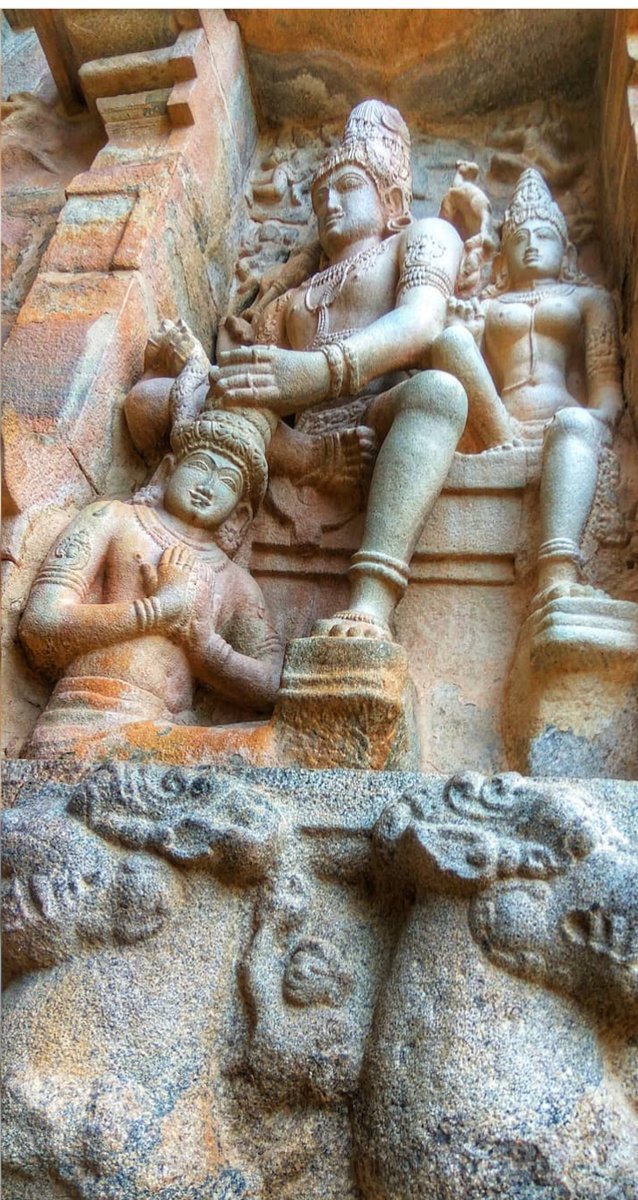
Chandeshwara/Chandikeshwara is regarded as custodian of Shiva Temple's wealth&most of Shiva temples in South India has separate sannathi for him.
His bhakti for Bhagwan Shiva elevated him as one of foremost among Nayanmars.
He gave importance to Shiva Pooja&protection of cows.
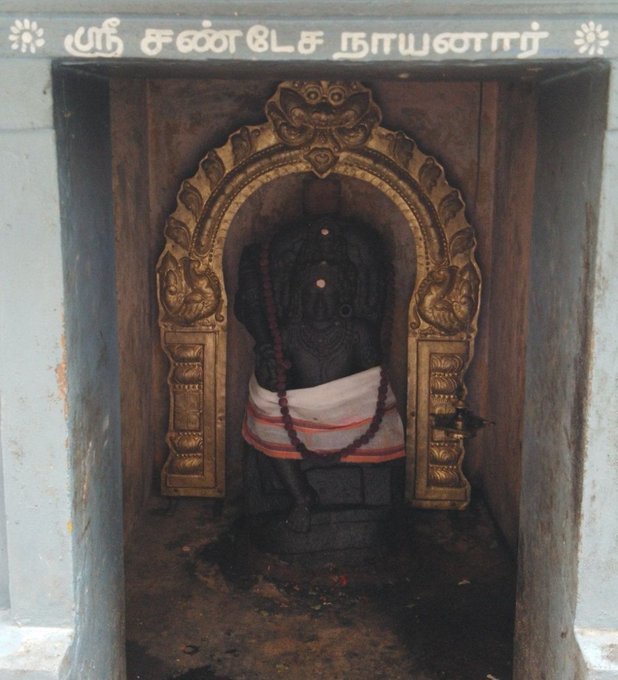
There are series of paintings, illustrating the #story of Chandikeshwar in the premises of
Sri Sathiyagireeswarar #Temple at Seinganur,near Kumbakonam,TN
Chandikeshwara's birth name
is Vichara sarman.He was born in the village of Senganur on the banks of River Manni.
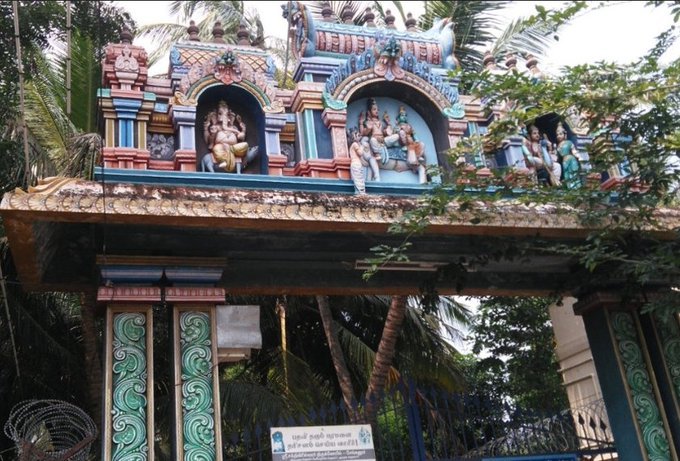
His Parent names were Yajnathatan and Pavithrai.
Vichara Sarman was a gifted child and he learnt Vedas and Agamas at a very young age.
He was very devout and would always think about Bhagwan Shiva.
One day he saw a cowherd man brutally assaulting a cow,Vichara Sarman could not tolerate this. He spoke to cowherd: ‘Do you not know that the cow is worshipful & divine? All gods & Devas reside in https://t.co/ElLcI5ppsK it is our duty to protect cows &we should not to harm them.
